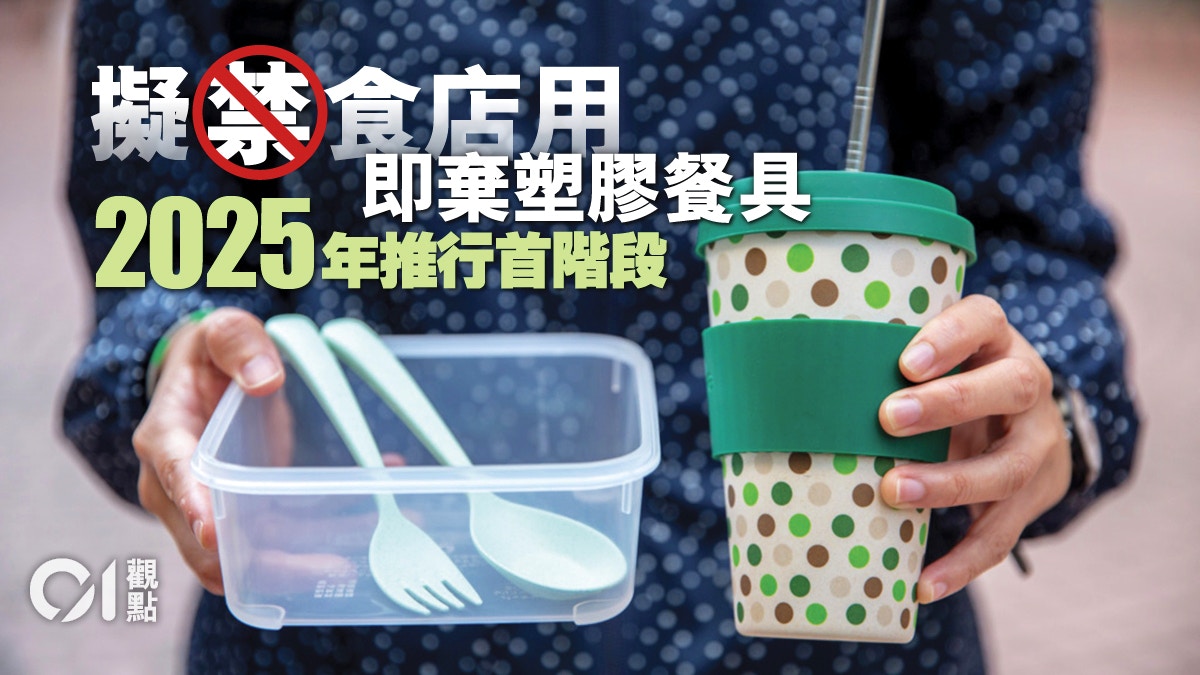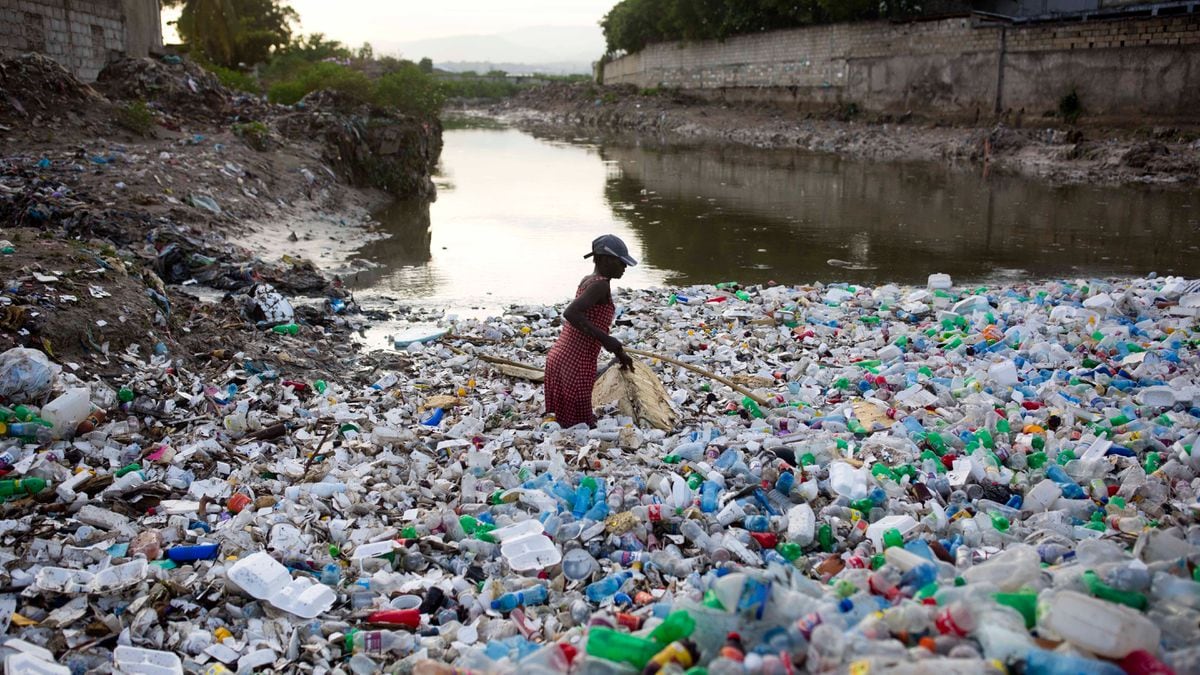The Environmental Protection Agency started consulting on the control of disposable plastic tableware last Friday (9th) for a period of two months.
The government has dragged on this policy for at least 20 years, and the timetable for the consultation is also uncertain, making it difficult for the public to be determined to "mould" the government.
The government must establish an exact prohibition on the use of disposable tableware. At the same time, it must be more active in assisting the catering industry and consumers to adapt to the new system to help reduce the price of alternative tableware products and promote the atmosphere of use.
The destruction of disposable tableware to the environment is obvious to all, and the measures to restrict dine-in caused by the new crown pneumonia have caused the proliferation of disposable tableware.
As the Environmental Protection Agency's consultation paper pointed out, governments in the Mainland, Taiwan, and even the rest of the world have successively introduced restrictions and prohibitions in recent years. Hong Kong has actually fallen behind.
It is worth noting that the Environmental Protection Agency followed the example of other places and proposed to implement it in phases, but the imitation was insufficient.
This is seen in the second phase without a specific implementation time.
The Environmental Protection Department issued a consultation document recommending a total ban on the sale of styrofoam tableware locally, and catering establishments also prohibit the provision of disposable styrofoam tableware to customers.
(Profile picture)
The government's determination to implement the second phase is in doubt
Taking the mainland as an example, the National Development and Reform Commission has decided to implement it in three phases. Starting from this year, the catering industry will ban the use of disposable and non-degradable plastic drinking straws. The use of non-degradable disposable plastic tableware for dinning in cities above the prefecture level will be prohibited from 2023. The ban has been extended to county towns, and consumption of food delivery in big cities will drop by 30% in 2025.
In contrast to Hong Kong, the Environmental Protection Agency proposes to implement the first phase in 2025, prohibiting the use of styrofoam tableware for sales, dine-in and take-out, and banning the use of non-styrofoam tableware for dinning. Takeaways prohibit the provision of disposable plastic drinking straws, stirring rods and Knife, fork, spoon, etc.
As for the second phase, the controls for take-out and dine-in are the same, but it is recommended that a date be determined after 12 to 18 months after the implementation of the first phase, depending on the effectiveness of the first phase and the maturity of the alternative product market, which means that the implementation will be implemented indefinitely.
The Department has left flexibility, and may worry that the implementation will not be effective, and it is easy to be superior and not up to the standard.
However, since the average daily disposal volume of disposable plastic tableware is 200 metric tons, the department stated in the consultation document that the problem of plastic waste is "imminent." The government should envisage how the catering industry and consumers can adapt as soon as possible so that the two phases can be implemented.
Some tableware manufacturers pointed out that the cost of bamboo-made degradable disposable tableware is two to three times more expensive than styrofoam tableware and three to 50% more expensive than plastic.
Perhaps the government believes that it is difficult to estimate the time for the price level of plastics and alternative tableware, and therefore refuses to propose a deadline for the next stage.
In the early stages of implementation, the government can consider granting small-scale restaurants a small fixed amount of subsidies to support them in purchasing alternative tableware. The condition is to set an upper limit on the container fees charged to customers and not overcharge.
Disposable plastic tableware to be brought into control.
(Screenshot of consultation document)
Popularize reusable tableware for businessmen's pain points
In view of the prevailing trend of food ordering through apps, the government has to find ways to make it more convenient for take-out customers to use reusable containers.
At present, many takeaway platforms have given customers the option of not having tableware, but there are few ways to target containers.
In Singapore, companies that provide reusable containers have cooperated with restaurants and takeaway platforms since last year. Customers only need to pay an annual fee to participate in the plan. The restaurant can place food in reusable containers according to the customer’s ordering requirements on the platform. , The customer returns the container to any alliance restaurant after the meal, the company will be responsible for cleaning the container, and the customer does not need to wash the dishes.
This kind of cross-border cooperation is not popular enough in Hong Kong, and the catering industry can introduce this concept.
The Hong Kong government can go a step further, for example, waiving part of the food license fees for restaurants participating in the use of reusable containers for take-out services.
The Environmental Protection Department's proposal to ban plastic tableware is worthy of recognition, but a clearer timetable must be set.
Hong Kong people generally support environmental protection and waste reduction, but practical problems hinder their practice.
Therefore, from now until the implementation of the law, the government must actively address the pain points of restaurants and consumers. For example, through subsidies and opening up the logistics chain, citizens can easily switch to reusable containers to prove their determination to reduce waste and protect the environment.
Can the pandemic hit the global carbon reduction by 26 tons, and can it be an opportunity for a low-carbon and environmentally friendly life?
Recycling plastic bottles may be paid for by those who can get the slightest amount of pollution. The blueprint for recycling should be promoted. Can the government lead Hong Kong to meet waste reduction standards?









